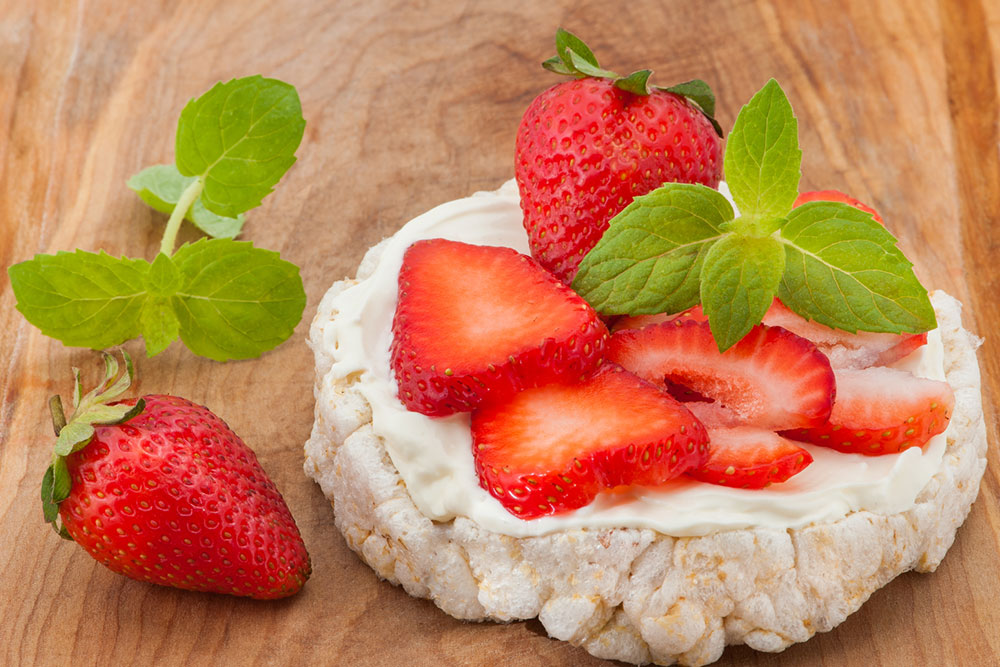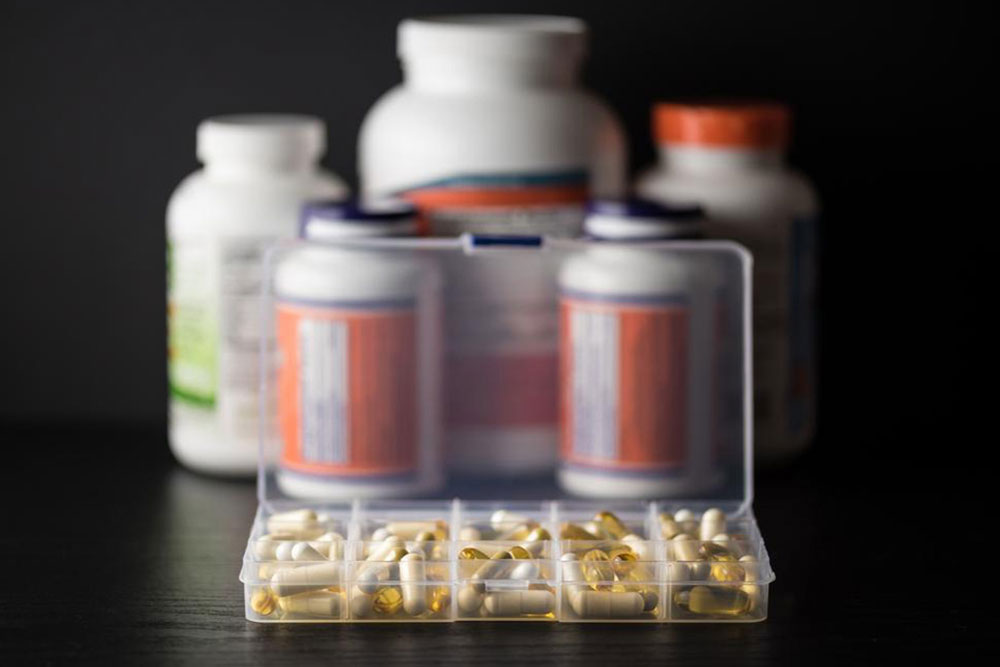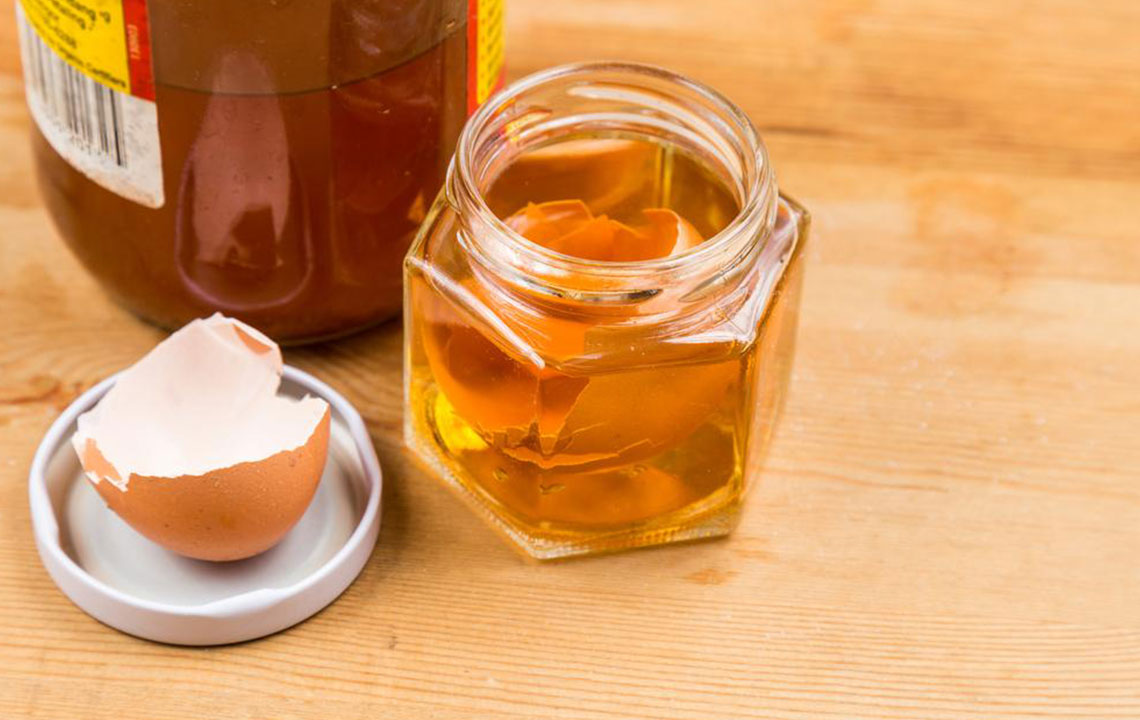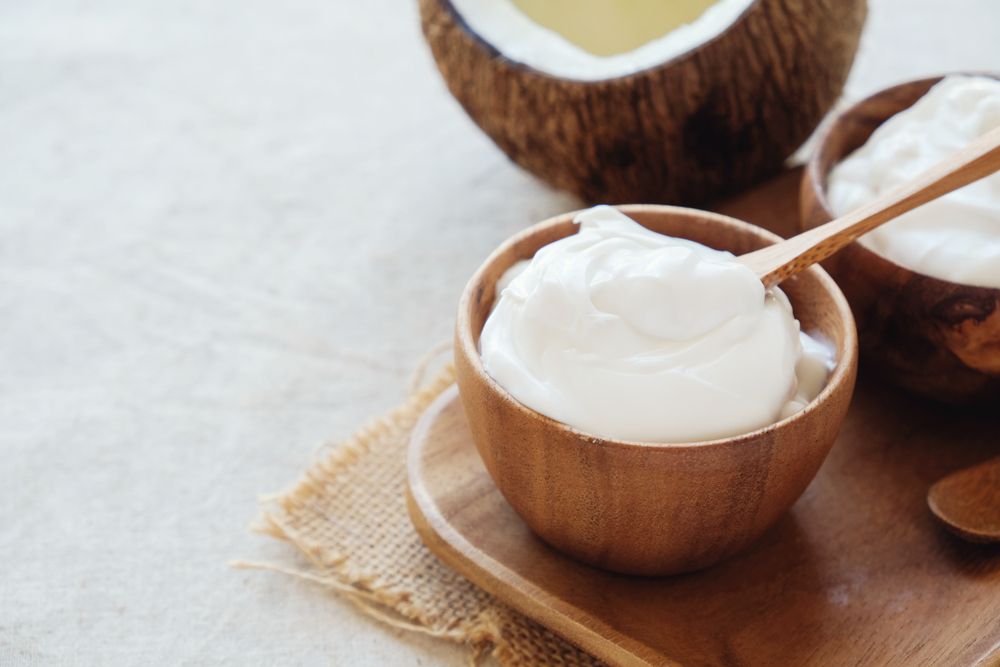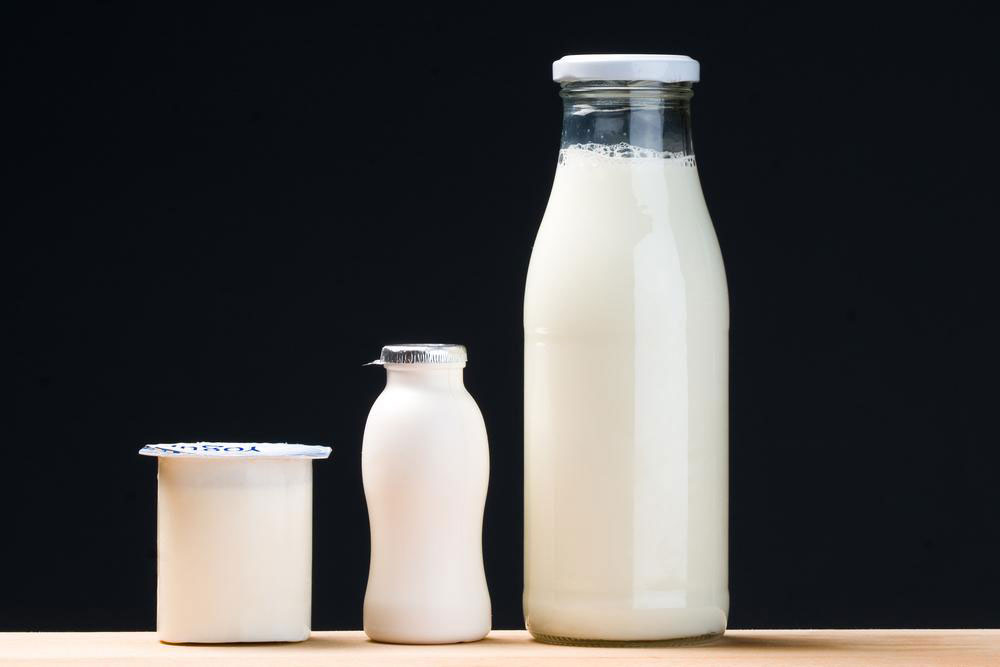Effective Techniques to Relieve Stomach Bloating Rapidly and Safely
Discover comprehensive and effective methods to quickly alleviate stomach bloating. This guide covers causes, dietary tips, lifestyle changes, and natural remedies to promote digestive health and ensure quick relief from discomfort. Learn how mindful eating, avoiding specific foods, incorporating probiotics, and exercising can help manage and prevent bloating efficiently.

Effective Techniques to Relieve Stomach Bloating Rapidly and Safely
Stomach bloating is a common digestive issue characterized by a swollen or distended abdomen, often leading to discomfort, pain, and other gastrointestinal symptoms such as increased gas, burping, and rumbling noises. This condition can significantly impact daily activities and overall quality of life. While occasional bloating is normal, persistent or severe bloating warrants attention to underlying causes and appropriate management. Understanding the root causes and implementing targeted strategies can help alleviate discomfort quickly and effectively.
Stomach bloating can be triggered by various factors, including rapid eating habits, chewing gum excessively, smoking, food intolerances such as lactose or gluten, hormonal fluctuations, stress, irritable bowel syndrome (IBS), and constipation. Recognizing these triggers is crucial in adopting an effective approach to prevent and reduce bloating. Implementing lifestyle and dietary modifications tailored to individual needs can make a significant difference.
Common Causes of Stomach Bloating
Rapid consumption of meals, leading to swallowing excess air
Chewing gum frequently, which causes air ingestion
Smoking, which increases swallowed air and affects digestion
Food intolerances, including lactose and gluten sensitivities
Hormonal changes during menstrual cycles
High-stress levels impacting digestive efficiency
Irritable bowel syndrome (IBS) and other gastrointestinal disorders
Constipation, leading to gas buildup in the intestines
Effective Strategies to Reduce Stomach Bloating
Adopting a comprehensive approach involves dietary adjustments, lifestyle changes, and natural remedies designed to promote digestive health and minimize bloating symptoms. Here's a detailed overview of proven methods:
1. Mindful Eating and Smaller, Frequent Meals
Eating slowly and chewing food thoroughly helps reduce swallowed air and facilitates better digestion. Instead of large meals, opt for smaller, more frequent meals throughout the day. This approach eases the workload on your digestive system, prevents excessive gas production, and reduces bloating.
2. Limit Intake of Gas-Producing Foods
Some foods are notorious for causing bloating, especially those rich in fermentable oligosaccharides, disaccharides, monosaccharides, and polyols (FODMAPs). Examples include beans, lentils, cabbage, onions, broccoli, and carbonated beverages. Limiting these foods can significantly decrease gas accumulation.
3. Reduce Sugar Alcohols and Artificial Sweeteners
Common in sugar-free gum, candies, and diet products, sugar alcohols such as sorbitol and xylitol can cause bloating and diarrhea in susceptible individuals. Checking labels and minimizing consumption helps prevent these adverse effects.
4. Increase Dietary Fiber Gradually and Hydrate Well
Fiber promotes healthy digestion but should be introduced gradually to prevent excess gas. Adequate water intake helps fiber do its job effectively and keeps the digestive system moving smoothly. Incorporate soluble fiber sources like oats, apples, and carrots for gentle benefits.
5. Manage Sodium Intake
High sodium consumption causes water retention, exacerbating bloating. Limiting processed and salty foods helps reduce water retention and swelling.
6. Incorporate Probiotics and Fermented Foods
Probiotics help balance gut bacteria, improving digestion and reducing bloating. Foods like yogurt, kefir, sauerkraut, and kimchi are excellent sources. Supplements may also be considered after consulting a healthcare provider.
7. Avoid Excessive Gum Chewing and Smoking
Both habits lead to swallowing air, increasing bloating risk. Breaking these habits can lead to immediate relief and better digestion overall.
8. Regular Exercise and Physical Activity
Engaging in light physical activities like walking, yoga, or stretching stimulates intestinal motility, helping gas pass more efficiently and reducing bloating. Exercise also manages stress, which can influence digestive health.
Additional Tips for Immediate Relief
Use herbal teas such as peppermint, ginger, or chamomile to soothe the digestive tract.
Apply warm compresses or heat pads to the abdomen to relax muscles and ease gas pain.
Practice abdominal massage techniques designed to stimulate gas release.
Stay hydrated to facilitate digestion and prevent constipation.
When to Seek Medical Advice
Persistent or severe bloating that does not respond to dietary and lifestyle modifications should be evaluated by a healthcare professional. Underlying conditions such as gastrointestinal disorders, infections, or other health issues may require specific treatment. If bloating is accompanied by severe pain, vomiting, unexplained weight loss, or blood in stool, seek urgent medical attention.
Conclusion
Managing stomach bloating involves a combination of dietary choices, lifestyle habits, and natural remedies. By identifying personal triggers and implementing these strategies, individuals can find rapid relief and promote long-term digestive health. Remember, gradual adjustments and consistency are key. Consulting healthcare providers can provide personalized guidance tailored to specific health needs, ensuring safe and effective management of bloating symptoms.
Stomach bloating relief tips
Digestive health improvement
Dietary adjustments for bloating

